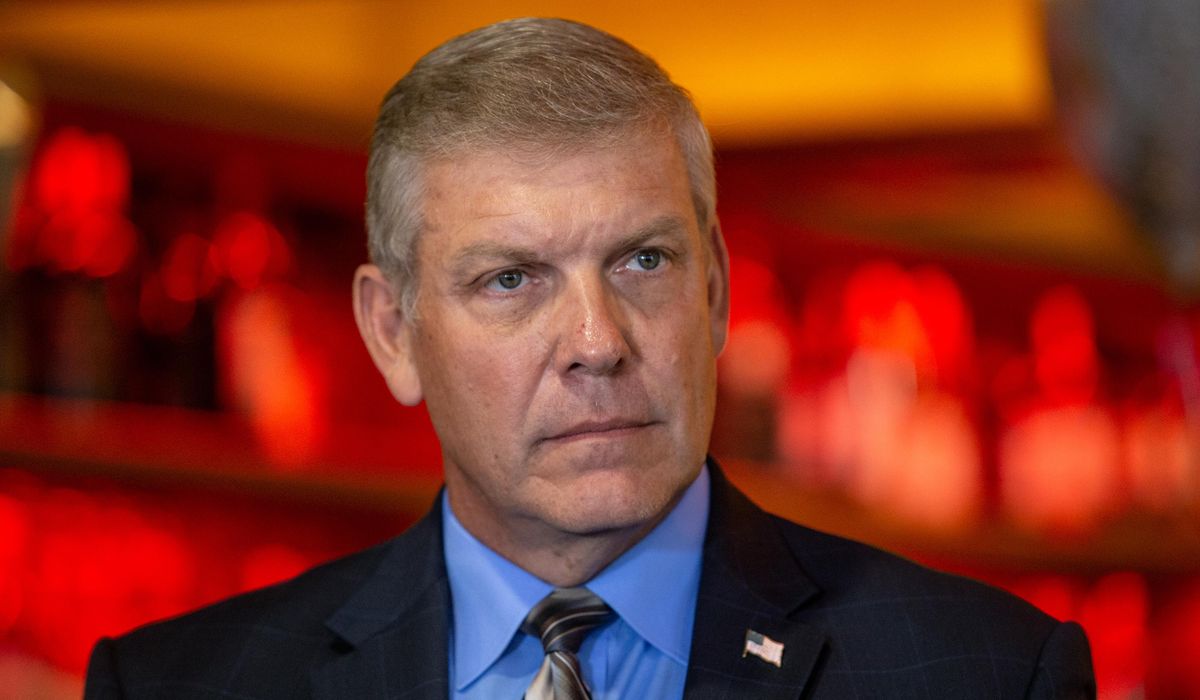ARTICLE AD BOX
President Trump will unveil his global tariff plan in a Rose Garden event Wednesday featuring his entire Cabinet, a display underscoring the magnitude of a “Liberation Day” announcement that is making Wall Street jittery and shaking up global trade.
White House press secretary Karoline Leavitt said there would be “no exemptions at this time” for any nation that imposes tariffs or trade barriers on U.S. goods.
“The president will be announcing a tariff plan that will roll back the unfair trade practices that have been ripping off this country for decades. He’s doing this in the best interest of the American worker,” she said on Monday before rattling off high tariffs on things like American dairy and rice that are imposed by the EU and Japan.
“This makes it virtually impossible for American products to be imported into these markets, and it has put a lot of Americans out of business and out of work over the past several decades. So it’s time for reciprocity and it’s time for a president to take historic change,” she said.
The hard-charging rhetoric reflected Mr. Trump’s assertion that he planned to levy many nations, not just a subset of countries where the U.S. has large trade imbalances.
“You’d start with all countries, so let’s see what happens. There are many countries in the world,” Mr. Trump told reporters Sunday on Air Force One.
At the same time, Mr. Trump has said the levies might not be completely reciprocal, meaning other countries might still tax U.S. products at higher levels than the U.S. taxes their incoming goods.
Uncertainty around Mr. Trump’s plans is reflected in recent global market turmoil.
Major indexes on Wall Street tumbled in early trading Monday before recovering, though the Nasdaq closed in negative territory. The Dow Jones Industrial Average rallied to gain 417 points, or 1 %, to close at 42,001 points. The S&P 500 gained 0.5% after hitting a six-month low earlier in the day.
Europe’s Stoxx 600 index fell 1.6% on Monday and Asian markets in Japan, South Korea and Taiwan also were down.
Economic officials from China, Japan and South Korea met in Seoul on Sunday to discuss closer trade ties as Mr. Trump’s levies loom — a sign that countries with acrimonious histories might form partnerships to deal with aggressive U.S. trade tactics.
Tariffs are a tax or duty paid by importers on the goods they bring in from foreign markets. Mr. Trump says tariffs are a great way to force companies to return to America or keep their operations in the U.S., employ American workers and create revenue to fund domestic programs.
Tariffs can also result in higher prices for consumers. Foreign countries don’t pay the tariffs directly to the U.S. Treasury. In many cases, companies will pay the levies, and they might pass on at least some of the cost to consumers through higher prices.
The president recently imposed a 25% tariff on automobiles made outside the U.S.
“The message is, ’Congratulations, if you make your car in the United States, you’re going to make a lot of money.’ If you don’t, you’re going to have to probably come to the United States, because if you make your car in the United States, there is no tariff,” Mr. Trump told NBC’s “Meet the Press” on Sunday.
Asked if he’s worried about automakers raising their prices, he said: “I couldn’t care less.”
“I hope they raise their prices, because if they do, people are gonna buy American-made cars,” he said. “We have plenty.”

 3 months ago
69
3 months ago
69








 English (US) ·
English (US) ·